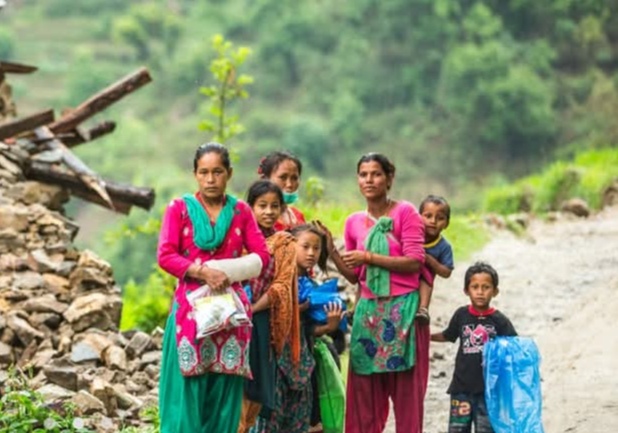Kathmandu, Nepal – Women play a pivotal role in Disaster Risk Reduction (DRR), acting as vital contributors to building resilient communities and fostering sustainable development. Their unique skills, perspectives, and leadership are indispensable in disaster prevention, preparedness, and response. Yet, global reviews of the Hyogo Framework for Action (HFA) highlight significant gaps in achieving gender equality in disaster management, with women’s empowerment remaining a persistent challenge.
Women are often disproportionately affected by environmental disasters, as they are intricately linked to natural resources for their daily livelihoods and community activities. This reliance makes them particularly vulnerable to disasters, underlining the critical need to place women at the center of disaster risk management. Empowering women amplifies their voices in decision-making processes, fostering inclusive governance and more effective disaster policies. Their involvement ensures that DRR strategies address diverse community needs and realities, enhancing overall preparedness and resilience.
Barriers to Inclusion
Despite global commitments to gender equality, progress remains slow. Challenges include inadequate political prioritization, weak implementation of gender-sensitive strategies, and a lack of robust monitoring mechanisms. Women’s voices are often sidelined in disaster governance, limiting their ability to contribute fully to DRR efforts.
Furthermore, many women lack access to essential training, education, and resources, which inhibits their capacity to lead and innovate in disaster management. Addressing these systemic barriers is critical to unlocking women’s full potential in DRR.
Empowering Women for Effective DRR
The integration of women into DRR is transformative. Institutionalizing their leadership within disaster management systems can foster innovative and inclusive solutions. Partnerships between women’s organizations and disaster management institutions are essential for driving change. Providing equal access to education, training, and resources equips women with the tools they need to make meaningful contributions.
In Nepal, community-driven approaches to DRR have shown that women’s participation strengthens resilience. Initiatives that prioritize women’s involvement in disaster preparedness and response planning have resulted in more effective and sustainable outcomes. By leveraging their local knowledge and social networks, women play a crucial role in disseminating information, mobilizing resources, and supporting recovery efforts.
A Step Toward Equality and Resilience
Empowering women in DRR is not just a matter of equity—it is a critical investment in building disaster-resilient societies. By addressing gender disparities and prioritizing women’s inclusion, communities can better prepare for and recover from disasters.
As Nepal continues to face increasing climate-induced disasters, recognizing and harnessing the transformative potential of women in DRR is imperative. Their leadership and contributions will not only strengthen disaster preparedness but also pave the way for a more equitable and resilient future.
Ecosphere News remains committed to highlighting issues of gender, environment, and resilience, advocating for inclusive approaches to sustainable development.